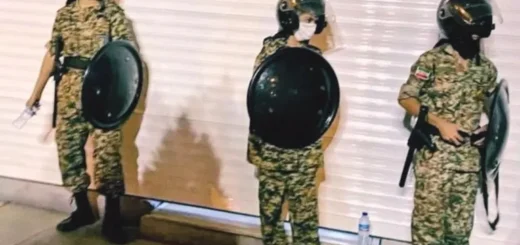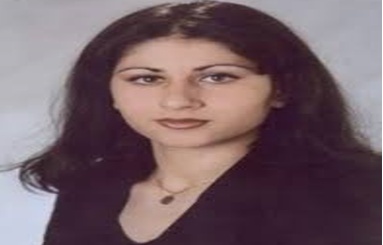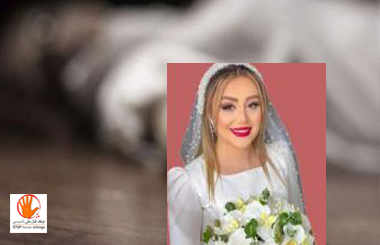Three Thousand Victims of Honor Killings in an Unkown Grave in the Iraqi Kurdistan Region
Parvin Zabihi
Women in Iraq live in the shadow of war, terror, tribal and ethnic prejudices in addition to the corrupt political and nationalist parties. The unequal economic and cultural norms which are biased against women and the influence of the tribal chiefs who are misogynist has created a horrific situation for women. Every day, a bloodied woman’s corpse is who had been brutally murdered is unearther in the remote areas .
According to Sharq-al-Owsat paper between 1992-2007 about 12,000 women were murdered under the pretext of honor killing. In a book, “Victims of Honor Killings”, Ms Sakar Ahmad, a writer and women’s rights activist in Iraqi Kurdistan has documented women murdered or burnt to the death between 1991-2002. She would add more numbers in her new edition.
The cemetery of the unknown women reflects the tragedy of thousands of women and children murdered under the silence of women in the Kurdistan parliament. The state and tens of useless organizations which receive huge budgets to help and promote women often ignore these victims.
Reporter and women’s rights activist, Shahla Mohamadi with the cooperation of Rojana Ibrahim who is a lawyer have for the first time carried out a comprehensive report on the Kurdish cemetery of unknown women.
The Sivan cemetery is located in Sivan in Soleimanieh Kurdistan. Many graves are unmarked and no one knows who the victims might have been. Until 2010 no research had been done on this cemetery until Rojana Ibrahim began her investigation.
In conversation with Shahla Mohamadi she says that:
” The first time I heard of the cemetery, no one was prepared to give any information. Those who were ignorant to the facts and spoke, labeled the victims prostitutes or refused to talk about them. In the course of research and with the cooperation of the municipality, I got hold of some documents which showed that seventy percent of the graves belonged to the women who had been victims of honor killings. and murdered by their families who would be ready to even bury their corpses. The documents on the identity of many victims show that they were registered in the municipality but the graves are unmarked and are only separated by a number.
A number of the graves belong to children who had been raped or born out of wedlock. These children had been rejected by the families and were buried before having identity cards. A number of graves belongs to foreign men. Lack of identity cards and access to their relatives they are buried unknown.
In Ibrahim research according to Soleimanieh residents Sivan cemetry was built in the 1980s and during the Sadam Hossein (Ba’ath Party). Before the Kurdish people uprising there were just few graves in there. After the uprising murder of women on honor-based pretext in Kurdistan especially in the cities of Ranieh, Kerkuk, Erbil and Soleimanieh increased. An old labourer who was the employee of the municipality remembered that after women washed the corpses he would bury them. Ibrahim says that this man keeps a lot of secrets which she will reveal them one day.
Ibrahim identified a newly wed bride whose husband was impotent and because did not want his secret exposed, he returned the bride to her father’s home claiming she was not a virgin. She was murdered by the family on the same night and when the facts came out, it was too late.
Killing of women to preserve the honor is a universal phenomenon and expands across Asia, Africa, and Latin America. In Asia including in Iraq the tribal tradition is interwoven with the society where women are murdered for trivial reasons. Pressure from the society infilterates the fabric of the family and children learn what they witness at home. Misoginistic concepts and the control over women’s bodies and the ownership over women’s bodies and soul deprives women of the right to life. The governments which comprise of the same men of backward views on women do little to protect women.
In recent years, the Sivan cemetry has attracted the media and women’s organisations who sometimes visit the place and lay flowers and take few photos. One of the members of the Kurdistan government, Ghobad Talebani who visited the cemetry promised in a speech to lay stones on the graves. However, he did not mention any plan to tackle the root problem or any future strategy in this regard.
The government in Kurdestan bears the responsibility to end violence against women. However, tribal roots and reactionary behaviour prevents them to support women’s equality and the transformation of the infrastructure of the society to give women their basic human rights.



















